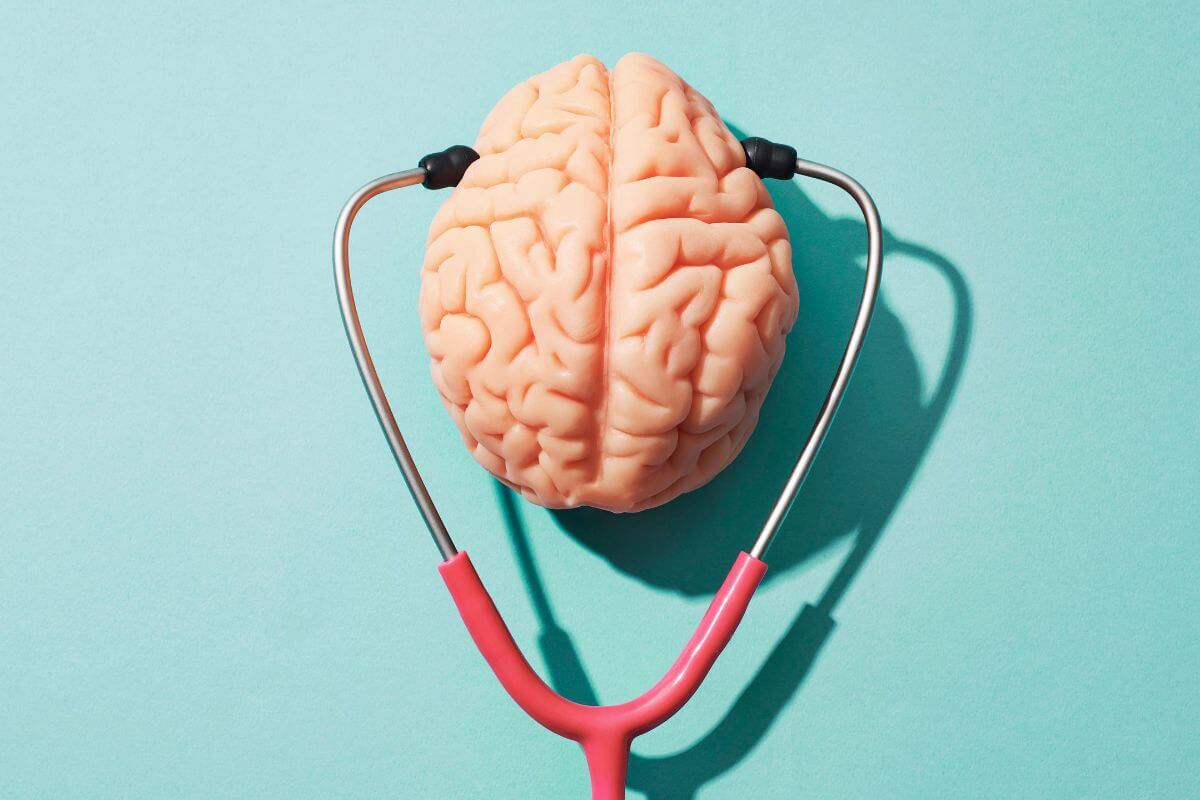If you take medication for a mental health condition, you’re not alone. Statistics show that 1 in 6 Americans take a psychiatric drug, mainly antidepressants. [1] Health professionals often prescribe medication alongside other treatments, such as therapy. Combining the two can help alleviate symptoms and allow patients to live productive lives. If you’ve recently received a prescription, we will look at what you can expect from a prescription medication for mental health in Scottsdale and how treatment with Healing Foundations Center can help.
Common Medications for Mental Health Issues
There are several categories that medications for mental health issues can fall under:
- Antidepressants
- Antipsychotics
- Anti-Anxiety Medications
- Mood Stabilizers
- Stimulants
We will look closer at each category, the types of drugs included, typical side effects, and how long it may take to see results.
Antidepressants
Antidepressants help to deal with depression and anxiety. When someone has these issues, they may feel sad, guilty, on edge, and have poor concentration. [2]
Common drugs classified as antidepressants are:
- Celexa
- Lexapro
- Prozac
- Paxil
- Zoloft
While it can take 6-8 weeks for anti-depressants to work fully, a patient can experience better sleeping habits within a few days. After taking the drug for 1-3 weeks, they may begin to have more energy and feel less anxiety. After about a month, they may feel less hopelessness and become interested in their hobbies again.
People who take anti-depressants can experience side effects such as headache, upset stomach, and diarrhea. The length of time someone takes this medication will depend on the severity of their condition.
Antipsychotics
A person may be prescribed antipsychotics to deal with mood and problems with thinking clearly. People hallucinating or are delusional may also be prescribed these medications. [2] Antipsychotic medicines include Chlorpromazine, Haldol, Compro, and Fluphenazine. [3]
Medication can take 4-6 weeks to work fully, but after taking the drug for 1-3 days, a person may feel less upset and angry. Within 1-2 weeks, they can start feeling better and have fewer delusions.
Common side effects can include:
- Sleepiness
- Upset Stomach
- Dizziness
- Increased Appetite
Some people can benefit from antipsychotics 1-2 years after their mood improves. Others need to take it for longer to ward off symptoms.
Anti-Anxiety Medication
Some anti-anxiety medications can work to reduce emotional and physical symptoms solely. Others can work to treat generalized anxiety and panic disorders. [4]
Medications that are classified as anti-anxiety medications include:
- Xanax
- Klonopin
- Valium
- Ativan
- Librium
People who take these types of medications find that they work quickly. Sometimes, the dosage has to be increased over time for people to get the same effects.
While anxiety symptoms can decrease, patients can experience side effects such as:
- Low blood pressure
- Nausea
- Memory loss
- Lack of coordination
- Trouble thinking
Mood Stabilizers
Mood stabilizers are used to treat mood swings linked to bipolar disorder. They can prevent manic and depressive episodes. [4] One of the most common mood stabilizers is Lithium. While it can be highly effective, patients often have to have regular blood tests done because of the potential side effects that can harm the thyroid and kidneys.
Other types of mood-stabilizing drugs include:
- Depakote
- Carbamazepine
- Lamictal
Side effects of mood stabilizers can include stomach cramps, nausea, fatigue, headache, and mild tremors. [5] It can take two or more weeks before patients notice the effects of mood stabilizers.
Stimulants
Healthcare providers may prescribe stimulants for attention-deficit/hyperactivity disorder (ADHD) and narcolepsy. Stimulants can make a person feel more energetic and alert.
Common medications include:
- Adderall
- Ritalin
- Vyvanse
- Dexedrine
Some stimulants can take up to an hour to be effective, others just 15-20 minutes. [6] It can take a few weeks or months to get the correct type of dosage and medication type to the most effective amounts. Side effects of stimulants can include headaches, anxiety, and insomnia.
Genetic Testing for Mental Health Medication
While healthcare providers can prescribe medications based on symptoms, it is unknown whether a drug will work until a patient tries it. This is why some in the medical field have turned to genetic testing to see the probability that a medication will work on a specific patient.
A patient’s genetic makeup can affect their response to certain drugs. It can also give insight into what side effects a patient may experience. By genetic testing, doctors can narrow down which medications may be more likely to work for you and at which dose. This can prevent wasting time on trial and error with different drugs and lead to better response times. [7]
Treatment and Medication for Mental Health in Scottsdale
If you or a loved one is dealing with a mental health issue, the team at Healing Foundations Center is here to help. We develop customized plans for our patients to have the best results. Our treatment can include medication as well as a variety of therapeutic approaches. We will find the best combination of therapies to alleviate your symptoms and help you live a full life.
Contact our team today to learn more about how our programs have helped countless patients in the Scottsdale area deal with their mental health issues.
Sources:
[1] https://www.nbcnews.com/health/health-news/one-6-americans-take-antidepressants-other-psychiatric-drugs-n695141
[2] https://www.nami.org/About-Mental-Illness/Treatment/Mental-Health-Medications/What-to-Expect-From-Your-Medications
[3] https://my.clevelandclinic.org/health/treatments/24692-antipsychotic-medications
[4] https://www.nami.org/About-Mental-Illness/Treatments/Mental-Health-Medications/Types-of-Medication
[5]https://www.mirecc.va.gov/visn22/Facts_about_Mood_Stabilizers_Veteran_and_Family_Handout.pdf
[6] https://www.everydayhealth.com/adhd/experts-timing-of-adhd-meds.aspx
[7] https://genomind.com/patients/explained-what-is-pharmacogenetics-for-mental-health-treatment/
